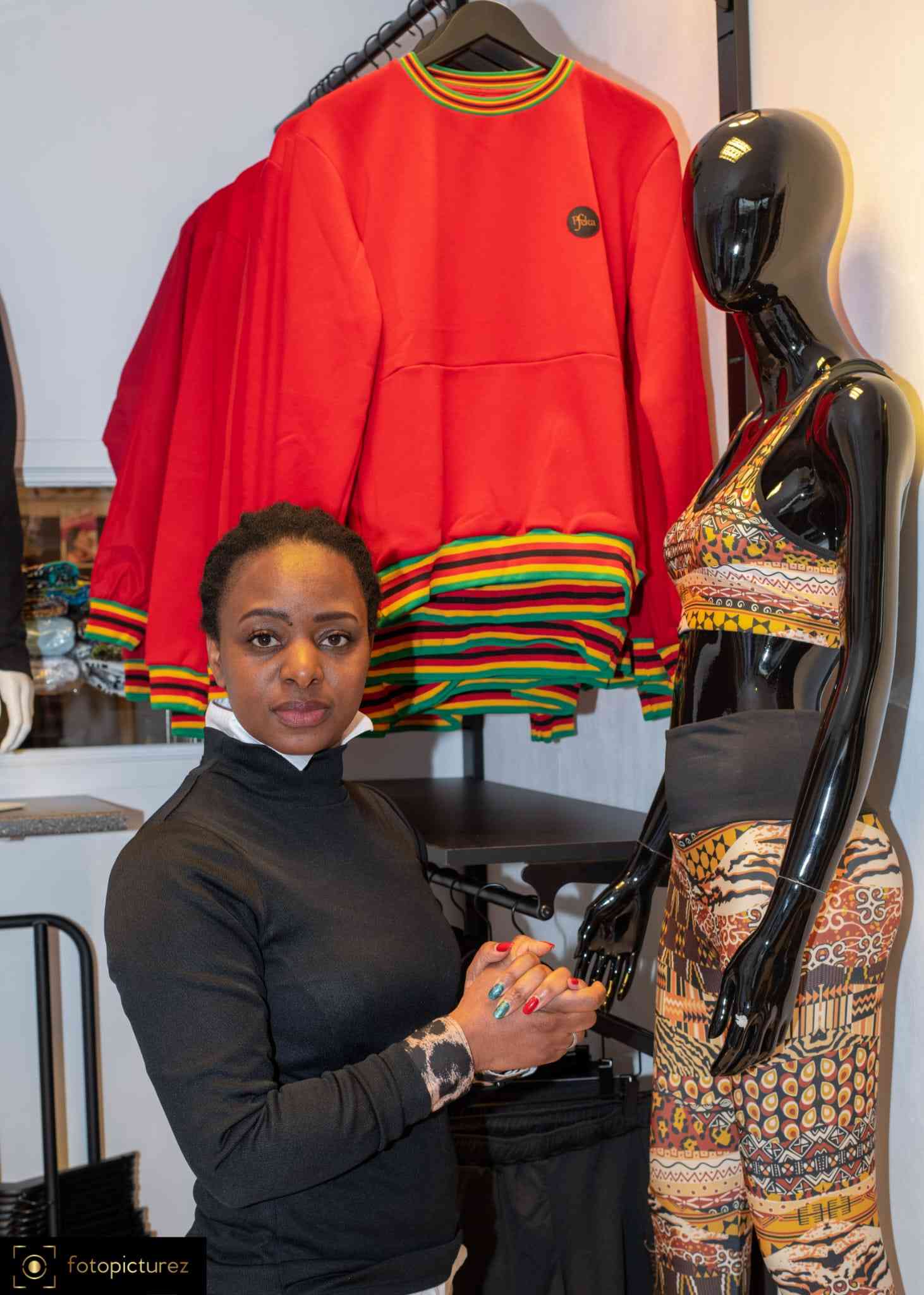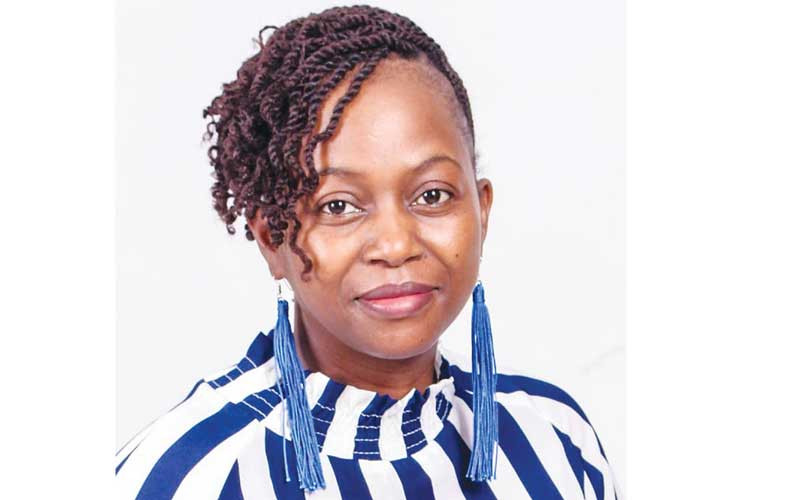
AFRICAN fashion-inspired designer Eglet Mtengwa Nyabvure, founder of the brand Pfeka based in the Netherlands, says fashion can be embraced as a powerful tool for cultural expression as it allows people to speak more about who they are and where they come from.
Nyabvure, a telecommunications engineer by profession, told Newsday Life & Style that although the two careers seem unconventional, they were rooted in her passion for creativity and innovation.
“Both fields require a blend of technical expertise and artistic vision and I have found that my background in engineering has provided a unique perspective that enhances my designs and approach to fashion,” she said.
Her Pfeka brand, which is a Shona word for wear, specialises in African-inspired designs, focusing on African prints mainly from Zimbabwe, ranging from heritage particularly Great Zimbabwe ruins, nature and animals.
She added that fashion designers had a profound impact in promoting cultural diversity and inclusivity through their designs.
“By embracing and celebrating the unique traditions, styles and perspectives of different cultures, fashion designers have the opportunity to challenge stereotypes and foster greater appreciation and understanding across communities. Through fashion, designers can have the power to highlight the richness and diversity of African culture while showcasing the vibrant colours, intricate patterns and traditional motifs that reflect our heritage,” Nyabvure said.
The fashion designer reiterated that incorporating elements of cultural heritage into various clothing lines not only celebrate culture, but also provide a platform for others to learn and engage diverse cultural perspectives.
Nyabvure also pointed out that Pfeka ensures that designs are respectful and representative of African culture.
- In Full: Nineteenth post-cabinet press briefing: July 05, 2022
- Muzarabani eager for Chevrons to qualify for Australia 2022
- R. Kelly sentenced to 30 years in sex trafficking case
- Cops Arrested For USD 10 Fraud
Keep Reading
“Ensuring that our designs are respectful and representative of African culture is paramount to our brand ethos. We approach the design process with a deep reverence for African heritage, taking great care to research drawing inspiration from trusted sources. By collaborating with local artisans and craftsmen, we ensure that our designs are authentic and true to the spirit of African craftsmanship. Our design team meticulously studies traditional motifs, textiles and techniques, seeking to understand their cultural significance and historical context. We then infuse these elements with a modern aesthetic, creating contemporary and timeless pieces that pay homage to our heritage while resonating with a global audience,” she said.
Nyabvure, who also owns a Pfeka store in the Netherlands and another one back home, said they designed clothes for both the European market and those who appreciated African prints rooted in inclusivity and cultural appreciation.
“We understand the importance of creating designs that resonate with a diverse audience, which is why we carefully blend the essence of African prints and aesthetics with European fabric. By fusing these elements together, we create pieces that appeal to a global audience, transcending cultural boundaries and celebrating the beauty of diversity.” Nyabvure said.
She also noted that fashion should bridge the gap between different cultures and create a sense of unity and appreciation for the richness of global diversity, fostering a community where everyone feels represented, respected, and empowered to express their unique identity through fashion.
The brand has also designed sportswear for the country’s international tennis players at the Davis Cup in Hong Kong and the Hockey team at the World Cup in Chile.
Nyabvure said her team recognises the universal appeal of sports as a unifying force with an ability to bring people together regardless of their background, fostering a sense of teamwork.
As an African fashion-inspired designer, Nyabvure faced challenges such as misconception about African fashion, limited access to resources, market and navigating cultural sensitivities. However, she has built strong relationships within the fashion industry and leveraged digital platforms to reach a global audience.
Nyabvure urged aspiring fashion designers interested in creating African fashion-inspired to embrace authenticity, innovation and storytelling. She also encouraged them to draw inspiration from cultural heritage, push boundaries and experiment with new ideas, adding that fashion designers should use their platforms wisely because fashion can be a powerful tool for cultural expression.







